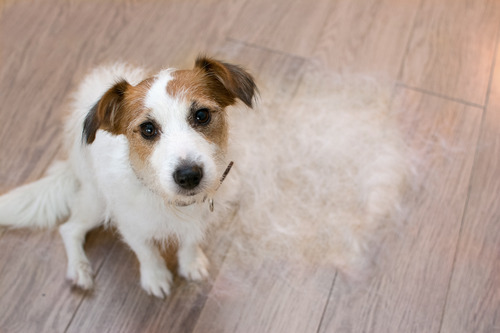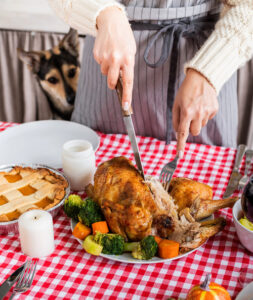Hair loss in dogs can be a concerning issue for pet owners, and it’s essential to understand the potential causes and solutions. Whether your dog is shedding more than usual or experiencing bald patches, it’s crucial to address the problem promptly. In this blog, we’ll explore the various reasons for hair loss in dogs and what steps you can take to help your furry friend.
Common Causes of Hair Loss in Dogs
Allergies
Allergies are a leading cause of hair loss in dogs. Dogs can be allergic to various things, including certain foods, environmental factors like pollen and dust, and even flea bites. Allergic reactions can cause intense itching, leading your dog to scratch or bite their skin, resulting in hair loss.
Food Allergies
Food allergies in dogs are often caused by proteins found in common ingredients such as beef, chicken, dairy, and wheat. Symptoms of food allergies include itching, ear infections, digestive issues, and hair loss. Identifying and eliminating the offending food from your dog’s diet can help alleviate these symptoms.
Environmental Allergies
Environmental allergens like pollen, mold, and dust mites can also trigger allergic reactions in dogs. Seasonal changes can exacerbate these allergies, leading to increased scratching and hair loss. Regular cleaning and limiting your dog’s exposure to allergens can help manage the condition.
Parasites
Parasites such as fleas, ticks, and mites can cause significant hair loss in dogs. These pests can lead to intense itching and discomfort, causing your dog to scratch excessively and lose hair.
Fleas
Fleas are a common problem for dogs, especially during warmer months. Flea bites cause severe itching, and some dogs are allergic to flea saliva, which can worsen the condition and lead to more hair loss.
Mites
Mites, including those that cause mange, can lead to severe skin conditions and hair loss. Mange is highly contagious and requires immediate veterinary treatment to manage the infestation and relieve your dog’s symptoms.
Hormonal Imbalances
Hormonal imbalances can also result in hair loss in dogs. Conditions like hypothyroidism and Cushing’s disease affect hormone production, leading to various symptoms, including hair loss.
Hypothyroidism
Hypothyroidism occurs when the thyroid gland doesn’t produce enough thyroid hormone. Symptoms include lethargy, weight gain, and hair loss. Treatment typically involves hormone replacement therapy.
Cushing’s Disease
Cushing’s disease is caused by an overproduction of cortisol, a hormone that regulates various body functions. Symptoms include increased thirst and urination, a pot-bellied appearance, and hair loss. Treatment options vary but often include medication or surgery.
Infections
Bacterial and fungal infections can cause hair loss in dogs. These infections often result from skin wounds, allergies, or other underlying conditions that compromise the skin’s integrity.
Bacterial Infections
Bacterial infections can occur due to cuts, scrapes, or other injuries that become infected. Symptoms include redness, swelling, and hair loss. Antibiotics are typically prescribed to treat bacterial infections.
Fungal Infections
Fungal infections, such as ringworm, are another common cause of hair loss. Ringworm is highly contagious and appears as circular bald patches. Antifungal treatments are necessary to clear up the infection.
Stress and Anxiety
Stress and anxiety can manifest in various ways in dogs, including hair loss. Changes in the environment, separation anxiety, and other stressors can lead to excessive grooming or chewing, resulting in hair loss.
Environmental Changes
Moving to a new home, the arrival of a new pet, or significant changes in the household can stress your dog. Providing a stable and comfortable environment can help reduce anxiety and hair loss.
Separation Anxiety
Dogs with separation anxiety may exhibit destructive behaviors, including excessive licking and chewing, leading to hair loss. Behavioral training and, in some cases, medication can help manage anxiety.
Poor Nutrition
A poor diet can lead to numerous health issues, including hair loss. Ensuring your dog receives a balanced diet with essential nutrients can promote healthy skin and coat.
Nutritional Deficiencies
Deficiencies in vitamins and minerals can cause hair loss. Essential fatty acids, zinc, and biotin are vital for maintaining a healthy coat. Providing a high-quality diet can help prevent nutritional deficiencies.
When to See a Veterinarian
If your dog is experiencing hair loss, it’s essential to consult with a veterinarian to determine the underlying cause. Early diagnosis and treatment can prevent the condition from worsening and improve your dog’s overall health.
Diagnosis
Your veterinarian will perform a thorough examination, which may include blood tests, skin scrapings, and allergy testing to diagnose the cause of hair loss. Accurate diagnosis is crucial for effective treatment.
Treatment Options
Treatment will depend on the underlying cause of hair loss. It may include medications, dietary changes, parasite control, and managing environmental factors. Following your veterinarian’s recommendations is key to your dog’s recovery.
Helping Your Dog Maintain a Healthy Coat
Maintaining your dog’s coat health requires regular grooming, a balanced diet, and prompt attention to any skin issues. Regular veterinary check-ups can help detect and address any health problems early on.
- Regular Grooming: Regular grooming helps remove loose hair and prevents matting. It also allows you to check for any signs of parasites or skin conditions. Use appropriate grooming tools for your dog’s coat type and consider professional grooming if necessary.
- Balanced Diet: A balanced diet rich in essential nutrients supports healthy skin and coat. Consult your veterinarian for dietary recommendations tailored to your dog’s needs.
- Parasite Prevention: Using flea and tick preventatives can help protect your dog from parasites that cause itching and hair loss. Regularly check your dog for signs of fleas and ticks, especially after spending time outdoors.
Supporting Your Dog’s Skin Health
Supporting your dog’s skin health is vital in preventing hair loss. This includes providing a stress-free environment, addressing allergies, and ensuring proper hygiene.
Stress Management
Reducing stress through positive reinforcement, regular exercise, and mental stimulation can help prevent anxiety-related hair loss. Consider using calming aids or seeking advice from a behaviorist if your dog experiences chronic stress.
Allergy Management
Work with your veterinarian to identify and manage any allergies your dog may have. This may involve dietary changes, environmental modifications, and medications to control allergic reactions.
Proper Hygiene
Keeping your dog’s skin clean and dry can prevent infections and skin irritations. Regular baths with a gentle, vet-approved shampoo can help maintain skin health. Avoid over-bathing, as it can strip the skin of natural oils.
Taking Action to Address Your Dog’s Hair Loss
If your dog is experiencing hair loss, it’s crucial to address the issue promptly. By understanding the potential causes and seeking appropriate veterinary care, you can help your dog maintain a healthy, vibrant coat. For more information or to schedule an appointment, call Dix Hills Animal Hospital at (631) 271-8383.





